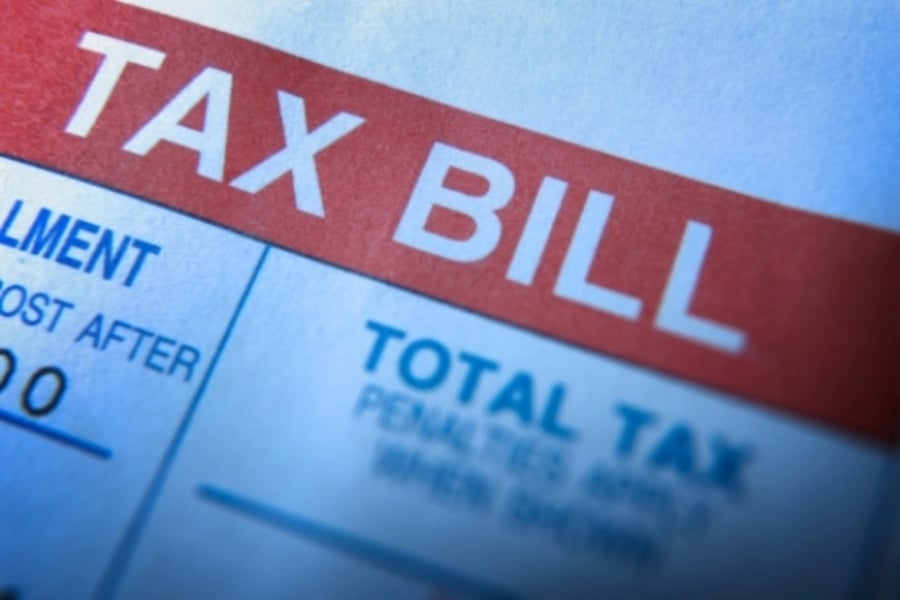

Editor's note: In the second paragraph, the percentage change the proposed tax rate represents has been corrected.
President Joe Biden may have called for a tax on billionaires in his State of the Union address last month, but the idea is unlikely to travel from his speech into law.
Biden pitched a minimum 20% tax on households with a net worth of more than $100 million. That’s 150% higher than the average they currently pay, according to published reports.
The challenge for Biden is that the audience he addressed at the Capitol on Feb. 7 consisted of a Republican House and a Democratic Senate. In each chamber, the parties hold a slim majority.
That political makeup doesn’t bode well for passing major tax legislation — and a bill that imposes a specific levy on billionaires would be substantial.
“I think it’s highly unlikely,” said Steve Wittenberg, director of legacy planning at SEI Private Wealth Management. “Some of what he’s doing is to get the conversation started.”
The chatter about a tax on billionaires began in the previous Congress. A Senate bill was introduced briefly during consideration of what became the Inflation Reduction Act. The Senate measure would have imposed a tax on the assets of the ultra-wealthy, a sharp departure from the current income-based tax code.
The bill was quickly pulled, even though Democrats controlled both the House and the Senate. In the new Congress, Biden not only would have to keep his own party on board with a tax on billionaires, he’d have to convince at least a handful of Republicans to come along.
Tim Steffen, director of advanced planning at Robert W. Baird & Co., sees little chance of that happening.
“It would take some major concessions on a whole bunch of other topics for Republicans to get behind that,” Steffen said.
The likely gridlock at the federal level has inspired Democratic lawmakers to introduce wealth taxes in several state legislatures where the party controls both houses as well as the governorship. But even in blue states, making the rich pay more is not easy.
For instance, a law that imposes the first capital gains tax in the state of Washington drew a lawsuit. Similar obstacles could arise in states that are considering wealth taxes.
“The more extreme the proposals are, if they pass, the more likely you are to see challenges to them,” Wittenberg said.
Floating a wealth tax could be a tactic to raise income tax rates on the rich or close loopholes.
“A tax on unrealized gains seems like a stretch to me,” Wittenberg said.
It’s not just a political heavy lift to get a tax on billionaires approved. There’s also the problem of how it would work.
“It makes for a good soundbite, but I don’t know that you have a practical way to implement it,” Steffen said.
[More: Hello, I must be going]

President meets with ‘highly overrated globalist’ at the White House.

A new proposal could end the ban on promoting client reviews in states like California and Connecticut, giving state-registered advisors a level playing field with their SEC-registered peers.

Morningstar research data show improved retirement trajectories for self-directors and allocators placed in managed accounts.

Some in the industry say that more UBS financial advisors this year will be heading for the exits.

The Wall Street giant has blasted data middlemen as digital freeloaders, but tech firms and consumer advocates are pushing back.
Orion's Tom Wilson on delivering coordinated, high-touch service in a world where returns alone no longer set you apart.
Barely a decade old, registered index-linked annuities have quickly surged in popularity, thanks to their unique blend of protection and growth potential—an appealing option for investors looking to chart a steadier course through today's choppy market waters, says Myles Lambert, Brighthouse Financial.
